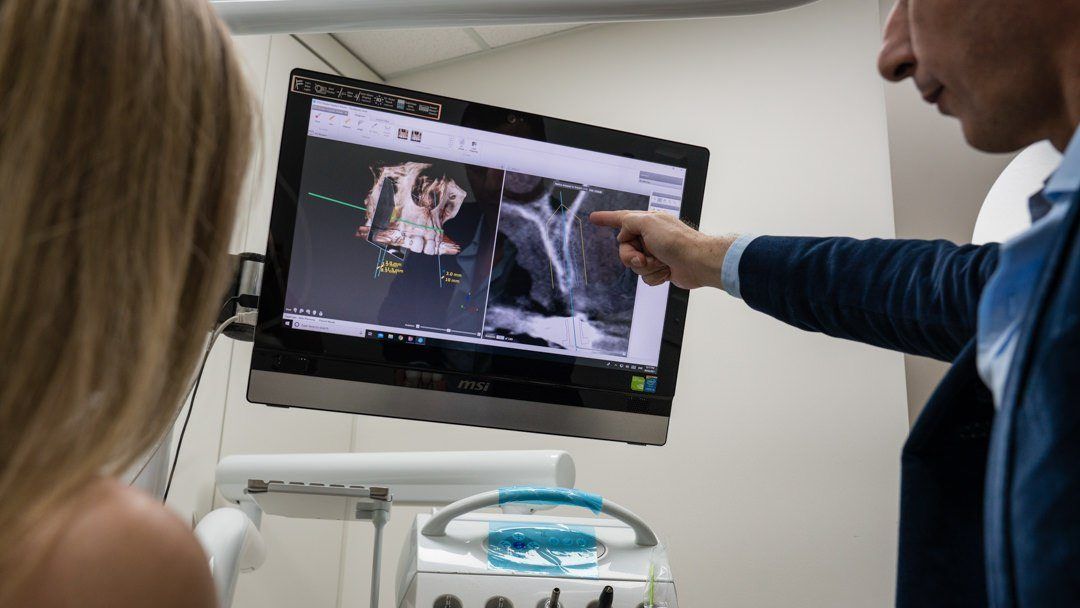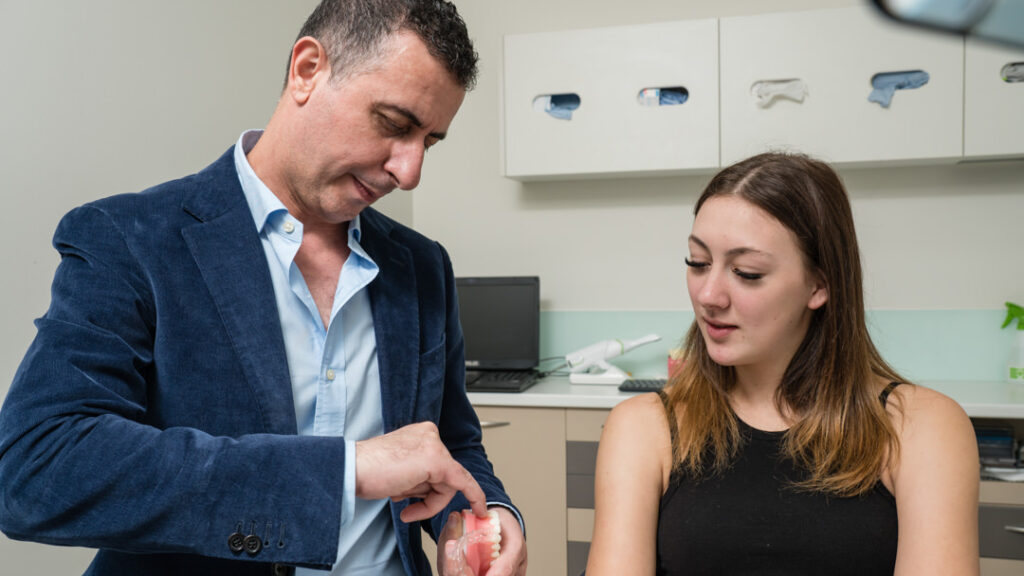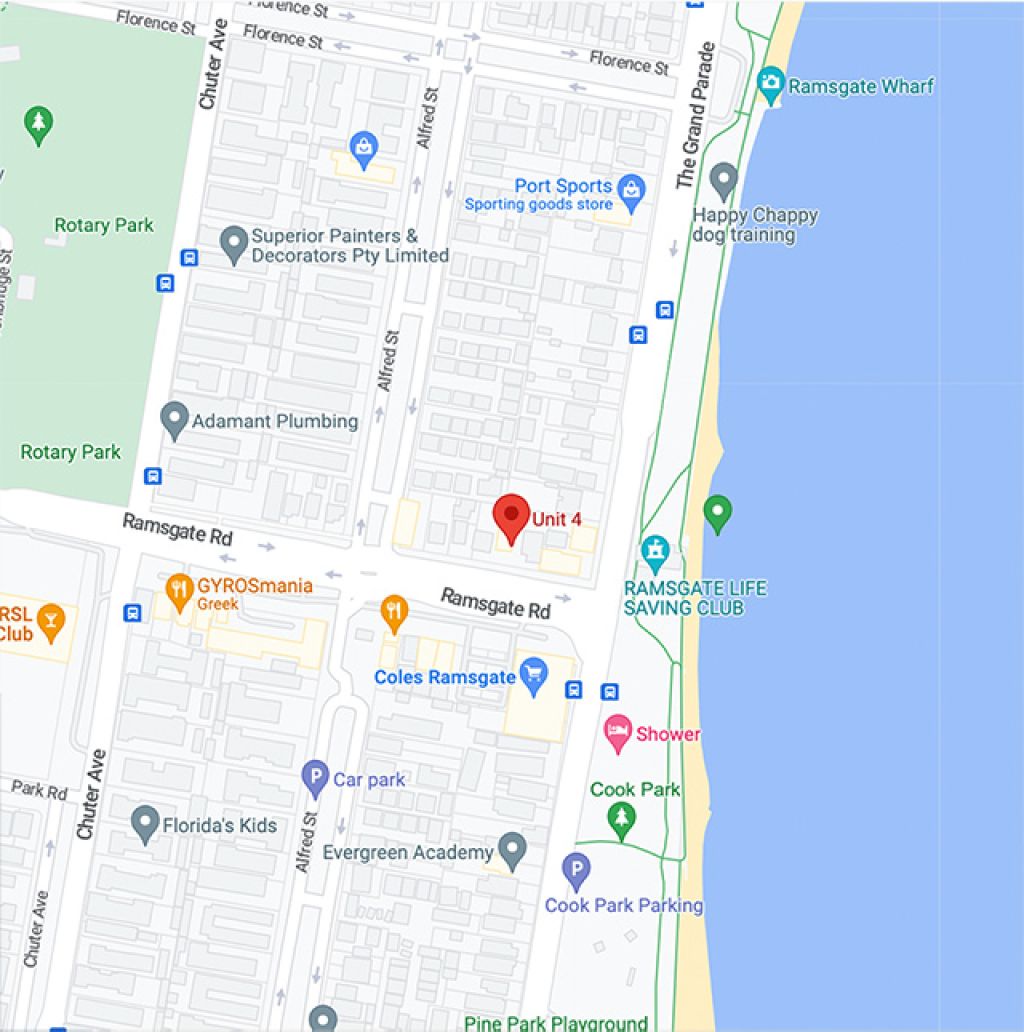
What to Expect During a Root Canal
A general dentist can perform a root canal. However, there are times when they will send you to a specialist. Root canals are performed when the nerve has been damaged due to decay or injury. They can also be used for teeth that have become infected or broken as well as those that are severely worn down from excessive brushing and grinding of teeth.
What is a root canal? Why do general dentists perform root canals?
A root canal is a procedure that removes infected and damaged tissue in the tooth root. A general dentist performs a root canal when there is pain or discomfort or when the tooth has died.
A root canal is a dental procedure to remove the tooth’s nerve and pulp from inside the tooth. This can help prevent infection that can lead to an abscess, which is a collection of pus at the site of an infection. Many times this allows the dentist to save the tooth from extraction. While the tooth is dead, it will remain in the mouth and a cap will be placed on it to protect it. It will not be able to get the nutrients that it needs. However, with a cap, it will still remain strong.
What are the Benefits of Root Canals?
Root canal therapy is a procedure to save teeth that have developed a cavity. Root canal therapy can save the tooth from being extracted and replaced with a dental implant. It is often less costly to do than going the dental implant route.
The benefits of root canal therapy are:
- The tooth can be saved from being extracted and replaced with a dental implant.
- It reduces the risk of infection.
What are the different types of root canal treatments?
Root canals are used to save teeth that have been decayed or cracked due to decay. Usually, they are used for teeth that are in a lot of pain, however, there isn’t always pain. They can be done with either local anesthetic or without any anesthesia at all. The general dentist can perform some simple tests within the office to determine your pain level and give medication accordingly.
Types of root canal treatments:
- Endodontic therapy. This form of root canal treatment is your typical root canal which removes the inner nerve tissue of the tooth and seals the inner chamber. You might need nonsurgical root canal therapy if your tooth has experienced extensive decay that can’t be fixed with a filling, or if you have an infection that’s compromised the nerves of your tooth.
- Pulpotomies and pulpectomies are typically procedures done on baby teeth, essentially, root canals for children. Both of these procedures help save your child’s natural tooth
- Apicoectomy. If root canal therapy is unsuccessful, an endodontist will recommend apicoectomy. This treatment is suitable when the infection and inflammation reach the alveolar bone.
How long does a root canal procedure take? Is there any downtime after a root canal treatment?
Root canal procedures are complex and can take a long time to complete. A typical root canal procedure lasts for about 90 minutes, and there is usually no downtime afterward. Root canals are performed when the pulp inside the tooth dies or becomes infected, your dentist will take the steps necessary to remove the nerve so the patient is no longer in any discomfort. You most likely will need a follow up appointment to see how you are doing and to get your finished crown put on the tooth. Most likely after the crown placement, you will not be able to tell that you have a replacement to your natural tooth. Please contact our office today if you think you may need a root canal or have dental discomfort.



